Shedding former ill-conceived notions of a halfhearted work ethic, Generations Y and Z have redefined the workforce with priorities that elevate work-life balance. A recent study shows 46 percent of Millennials and 40 percent of Gen Z rank flexibility as the most fundamental trait of a successful business, with a respective 28 and 25 percent citing “tech-savvy” capabilities.1 For the under-40ish crowd, digital, on-demand work opportunities are an essential framework of the future across nearly all industries. So, what does this new-age mentality mean for the nation’s primarily in-person, overburdened healthcare system?
Addressing Widening Healthcare Gaps
Since the 2020 COVID-19 pandemic, burnout has been one of the most popular terms plaguing healthcare staffing, with nursing shortages expected to increase through 2023.2 For many healthcare workers, the past few years have seen an already high-intensity work environment further exacerbated by longer hours and extra shifts. Today, many healthcare systems rely on contract labor to fill the gaps, a sect that continues to expand as full-time employment dwindles.

Some might wonder what the appeal of contract labor over traditional employment is for healthcare professionals. After all, it throws employees into new environments and responsibilities for short periods of time, creating perpetual learning curves which many would deem stressful. For younger generations, however, contract opportunities are an exciting challenge characterized by the flexibility they rank a top priority in the modern workforce.
By taking this less traditional route, employees can:
- Work on their own schedules for improved work-life balance.
- Experience many different roles to learn their professional strengths and preferences.
- Receive transparent compensation options that suit their current needs.
Following post-pandemic fatigue, on-demand work has emerged as a winning system for healthcare professionals who find just as much (or more) value in downtime as they do in being passionate about their careers.
Mobile Healthcare Careers Shape Future
The first question for those interested in contract employment: Is there a demand for it? Fortunately, for the many young people newly embarking on careers that are equal parts convenient and fulfilling – a once-daunting task – new doors continue to open. Companies like Haled Care cater to the concept of tech-centric contract employment with an on-demand network of mobile healthcare professionals, flowing in tandem with patient needs and regional trends. Haled Care’s current need is for paramedical examiners, but predictions show demand for a wide range of mobile healthcare services in the coming months and years – a win-win for patients and eager healthcare professionals.
Although mobile, tech-driven employment systems may be driven by younger generations’ desire for increased career freedom, networks like Haled Care are intended for all healthcare professionals, especially those with years of experience looking to exit demanding hospital settings or who simply wish to gain a little extra income. As former stigmas associated with contract and on-demand employment are shed for more positive connotations – work-life balance, flexible scheduling and transparent payment – all generations are welcome to join the modern age of healthcare.
Apply to Haled Care’s Mobile Healthcare Network
Are you an ambitious healthcare professional who prioritizes flexibility? New, mobile employment options are right around the corner, or maybe already in your city!
Apply to Haled Care at https://haledcare.com/nurse-network/ or https://haledcare.com/phlebotomist-network/ to take the first step in onboarding your flexible, professional life.

Sources:







